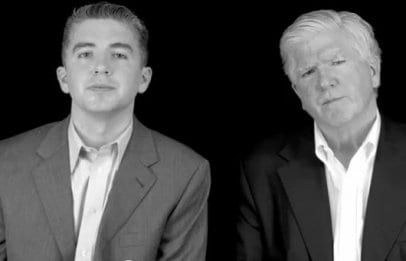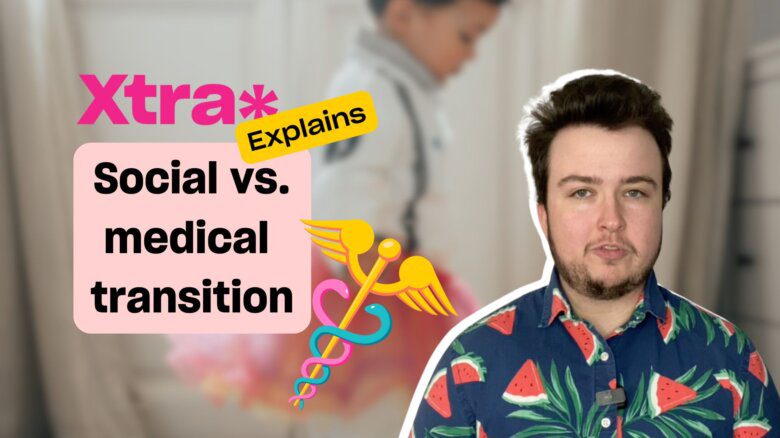Brian Burke, the GM and president of the Toronto Maple Leafs, has launched a daring anti-homophobia campaign targeting the macho world of sports.
“We’re now joined by hockey players around the world supporting my son Brendan’s simple message,” says Burke in the online video posted below. That message has become the mantra for the initiative: “If you can play, you can play.”
Brendan was an openly gay up-and-coming manager for the Miami University hockey team. He died in a car accident in February 2010.
Brian Burke has teamed up with his son Patrick, a scout for the Philidelphia Flyers, for this campaign. They have also enlisted the help of some NHL heavy hitters, such as Duncan Keith, of the Chicago Blackhawks; Brian Boyle, of the New York Rangers; Matt Moulson, of the New York Islanders; and Joffrey Lupul, of the Toronto Maple Leafs
Below is one of the videos the Burkes launched over the weekend in support of You Can Play, along with two recent Xtra video interviews with reporter Andrea Houston and Brian Burke. For more on You Can Play, click here.

 Why you can trust Xtra
Why you can trust Xtra


